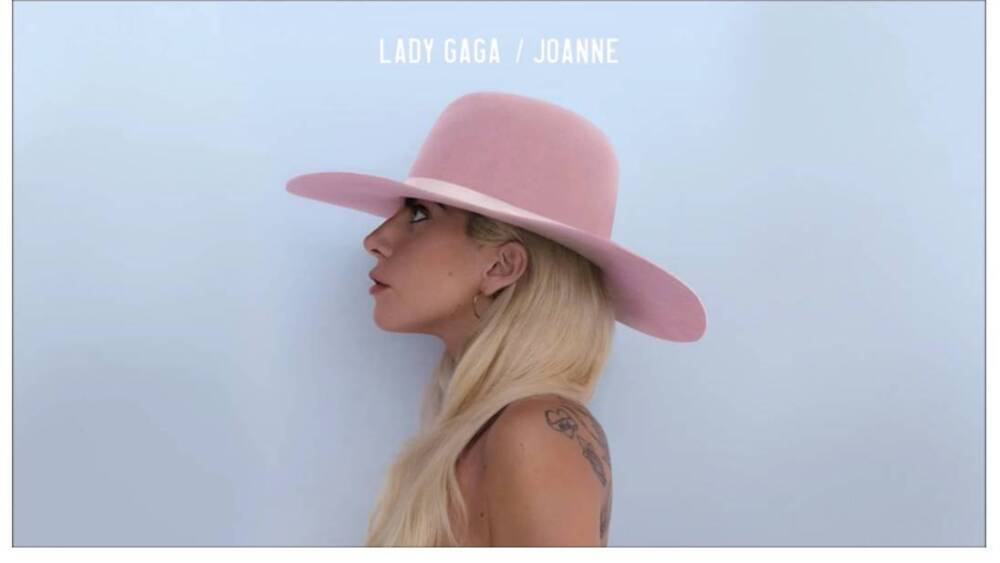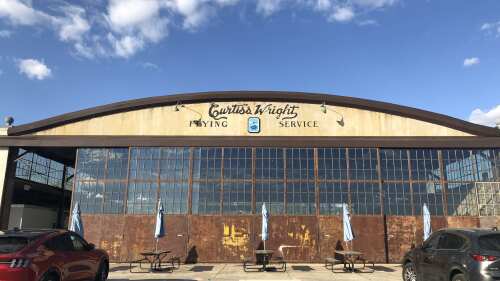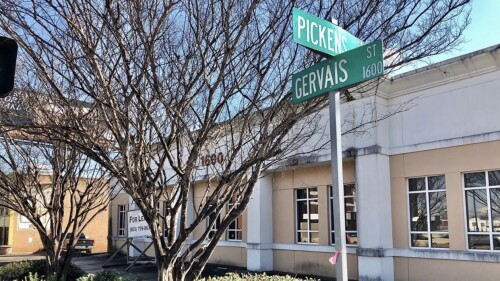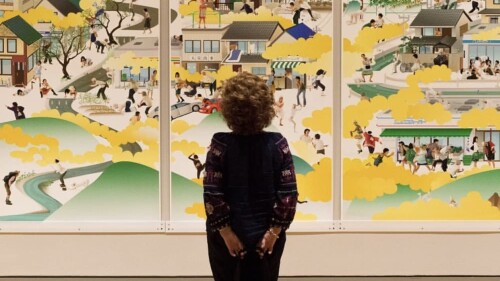Tomorrow is International Women’s Day 2018 – a universal day for celebrating women + their achievements, and also calling for gender parity. The day has been observed since the early 1990s and each year adopts a theme. Following in tune with the recent movements like #MeToo and #TimesUp, this year’s theme is #PressforProgress.
In honor of IWD, we’re highlighting some notable South Carolina women from the past who made an impact on a national scale. These women were pretty much the Beyonces of their day. 👊 (Thank you for paving the way, ladies.)
Mary McLeod Bethune
Mary McLeod Bethune was born to former slaves in Mayesville, S.C. (Sumter County) in 1875. She was determined to help break the circle of poverty in African American communities through education, and she started a school for African-American girls in 1904 (later known as Bethune-Cookman University). She worked under the FDR administation as Special Advisor on Minority Affairs, and went on to start the National Council for Negro Women in 1935. You can see her portrait in the S.C. State House.
Septima Poinsette Clark
Septima Poinsette Clark was born in Charleston in 1898 and is known as the “Queen Mother of the Civil Rights Movement.” She was a major leader in organizations like the NAACP, and helped start Citizenship Schools across the South, which taught African Americans to read so they could vote. MLK Jr. asked her to come with him to receive the Nobel Peace Prize because he said she deserved it just as much as he did. Baller.
Clelia Peronneau Mathewes McGowan
Clelia Peronneau Mathewes McGowan, born in Columbia in 1865, served on the South Carolina Board of Education for 7 years and was the first woman elected to public office in
Charleston. She served as a social activist on the Committee on Better Race Relations and the Charleston Free Library, and was also a writer.
Eliza Lucas Pinckney
Eliza Lucas Pinckney was born in the West Indies in 1722 before her military family relocated to S.C. in 1738. A few years later, she “singlehandedly” launched the state’s indigo industry when her father sent her some indigo seeds from the West Indies.
Modjeska Monteith Simkins
Modjeska Monteith Simkins was born in Columbia in 1899 and became S.C.’s “matriarch of Civil Rights activists.” She was a Benedict College grad and co-founder of Victory Savings Bank, as well as a correspondent for the Associated Negro Press. She was also elected as the first female secretary of the NAACP’s South Carolina state conference, and was a key part of the influential Briggs v. Elliot case. See her famous porch off Elmwood Dr. here.
Althea Gibson
Althea Gibson was born in 1927 in Silver, S.C. (Clarendon County) before her family settled in N.Y.C., where she became a women’s tennis champion at age 12. She went on to be the first African American tennis player to win Wimbledon, the French Open, the Australian Championship, and the US Open. Yas, queen. In fact, she was the first African American to ever even play at Wimbledon, and she won the dang thing. She was also a performer, actress + writer.
Dr. Matilda Arabelle Evans
Dr. Matilda Arabelle Evans, born in Columbia in 1872, attended the Woman’s Medical College of Pennsylvania and then became the first African American woman licensed to practice medicine in S.C. She opened Columbia’s first African American hospital and fought to provide free medical exams for kids. She even raised six children who were abandoned at her private practice as her own, along with five children she took in from deceased relatives. Amazing.
Sarah Mae Flemming
Sarah Mae Flemming, born in 1933 in Eastover, is said to be the “unsung hero of Civil Rights.” About a year before Rosa Parks, Sarah sat in a whites-only section of a bus in Columbia. After being humiliated by the bus driver, she sued SCE&G (the company operating the bus) – a case that went on to the 4th U.S. Circuit Court of Appeals to join the other cases fighting segregation on city buses.
Sarah Campbell Allan
Sarah Campbell Allan was born in Charleston in 1861. As a young adult, she applied to the Medical College of the State of South Carolina and was rejected because she was a woman. She persisted, with encouragement from her dad. She took a prep course for medicine at the South Carolina College for Women in Cola (relocated + now named Winthrop), went to med school at the Women’s Medical College of the New York Infirmary for Women and Children, then returned to Charleston for the first ever sitting for the South Carolina Medical Board. She was the only woman there – and scored the highest grade. She got her license in 1894, and went on to work at the South Carolina Hospital for the Insane in Cola (hello, BullStreet).
If you have time to keep reading, check out these other inspirational women from S.C. history: The Grimke Sisters, Mary Boykin Chesnut, Eartha Kitt, Ann Pamela Cunningham, Augusta Braxton Baker, Dorothy Perry Thompson, Carrie Allen McCray Nickens, Caroline Etheridge Hembal, Jane Bruce Guignard and Lucile Ellerbe Godbold.
Thanks to Historic Columbia and South Carolina State Museum for helping us compile this list.
Do something nice for a woman this week, Cola. Text a friend. Hug your daughter. Smile at a stranger at the coffee shop. Listen to someone who’s transitioning or struggling with gender identity. Hold your wife’s hand. We all need to give + receive little acts of kindness – why not tomorrow (or heck, today)?
(I’ll also leave you with this song that I was and still am obsessed with by two baddies: Lady Gaga + Florence Welch. ‘Nuf said.)

Image via YouTube
Here’s to strong women. May we know them. May we be them. May we raise them.
Edit: We got some cool reader feedback after running this piece, including a comment from our reader Mary D.:
“If you ever want to add to your IWD list, my “Aunt Bess”, Elizabeth Hawley Gasque was the first woman U.S. Representative from South Carolina (1938). She was also a socialite in D.C. and family stories tell of her being close friends with Eleanor Roosevelt and even hosting her at her home in Ridgeway. She passed at age 103, so fortunately I was able to meet her several times when I was a child. Her father, John Meade Hawley (my great-great-grandfather) was instrumental in the development of the town of Blythewood when it was still called “Doko.” –Mary D.













